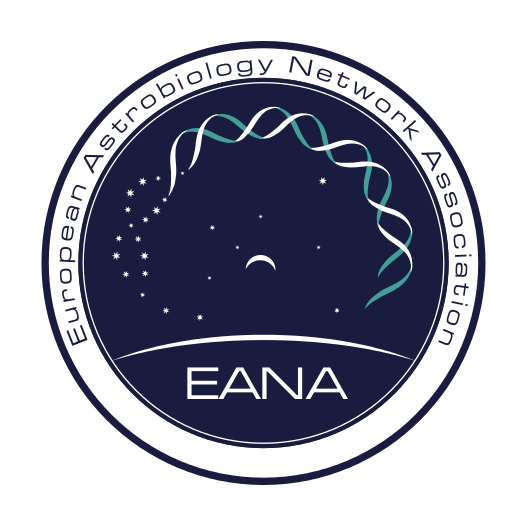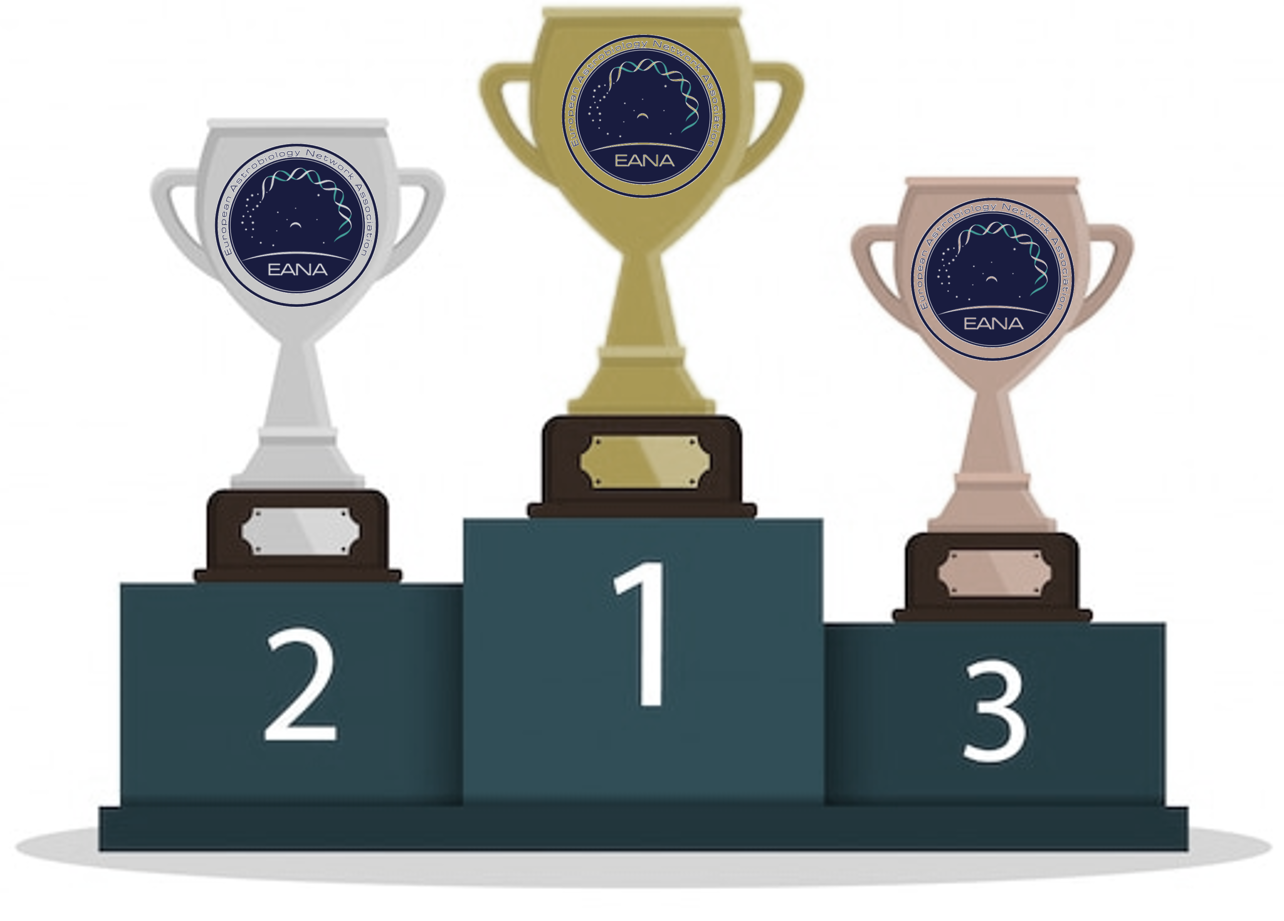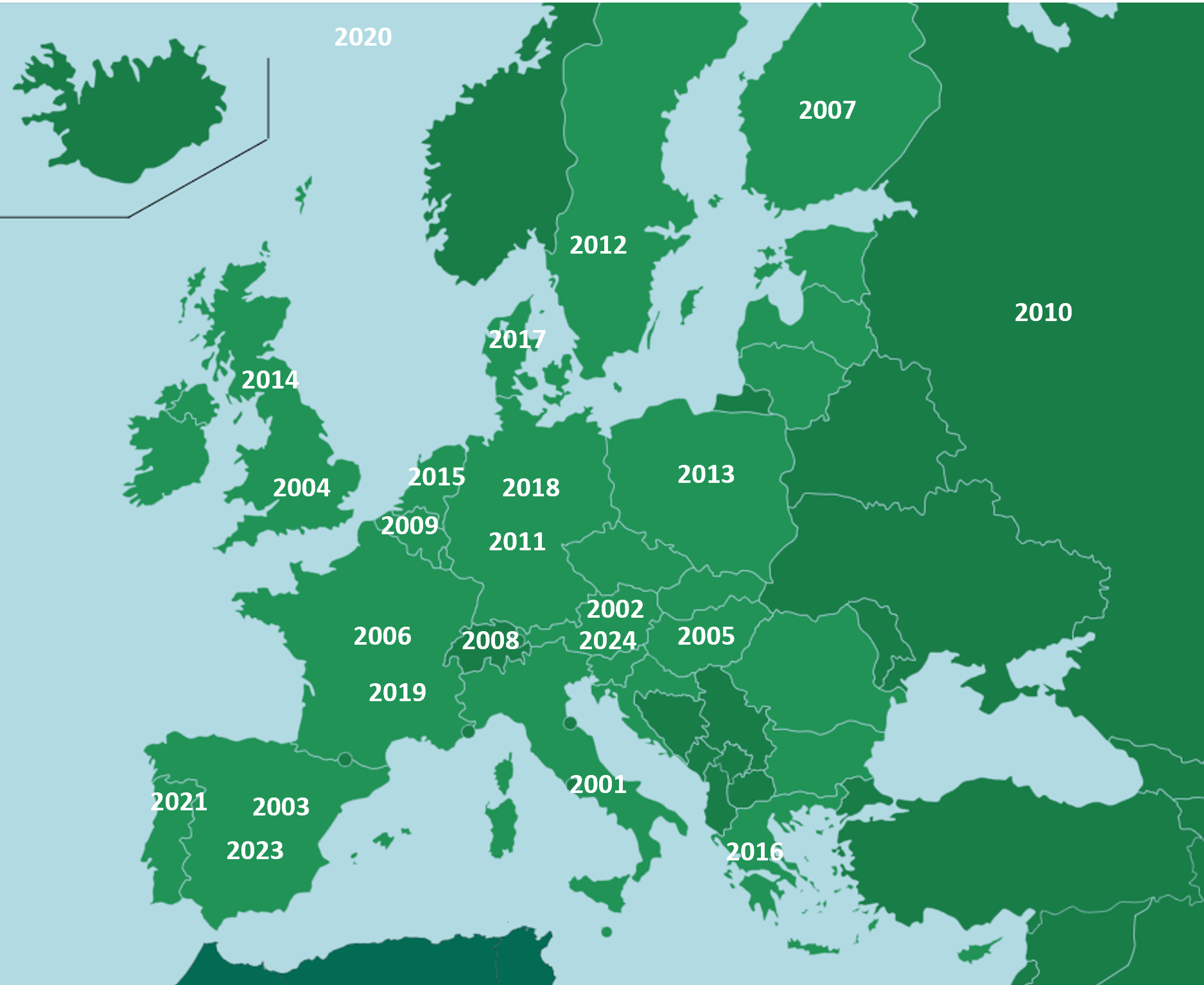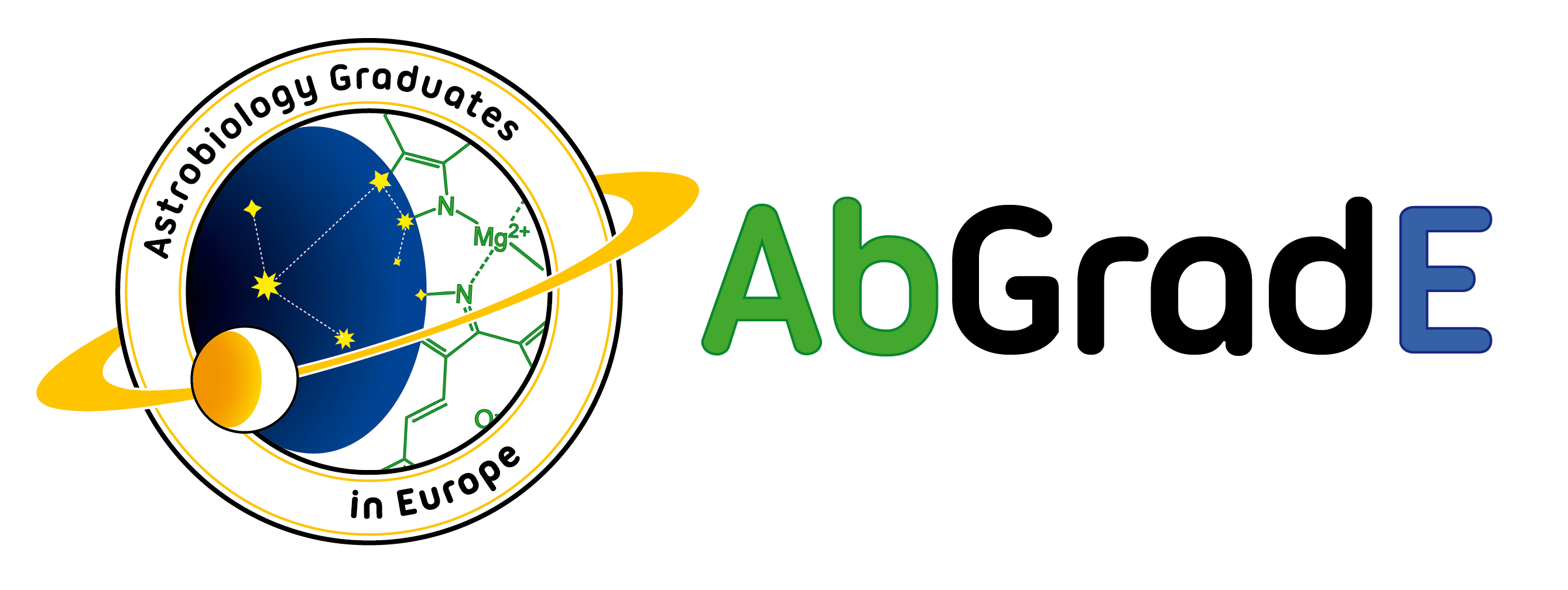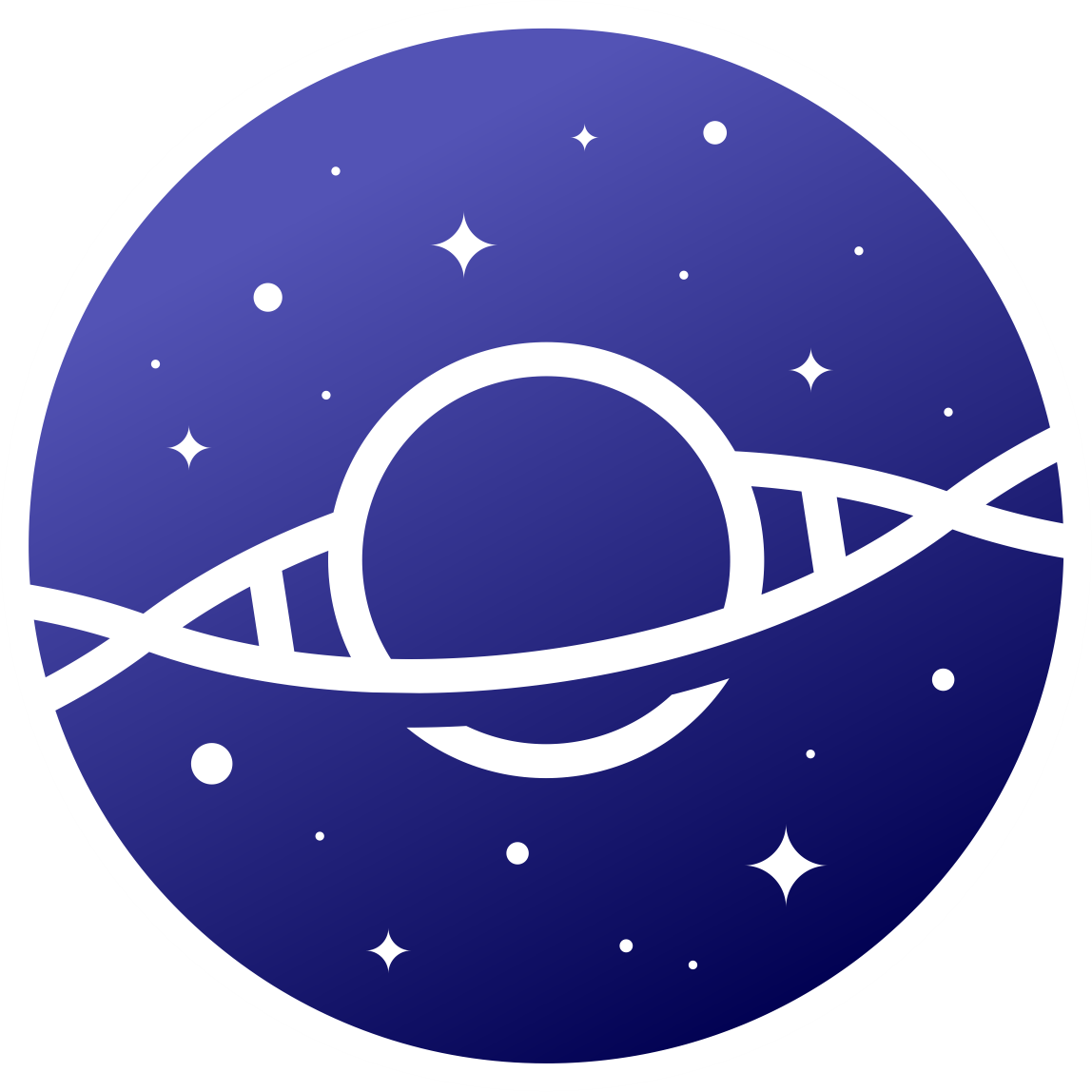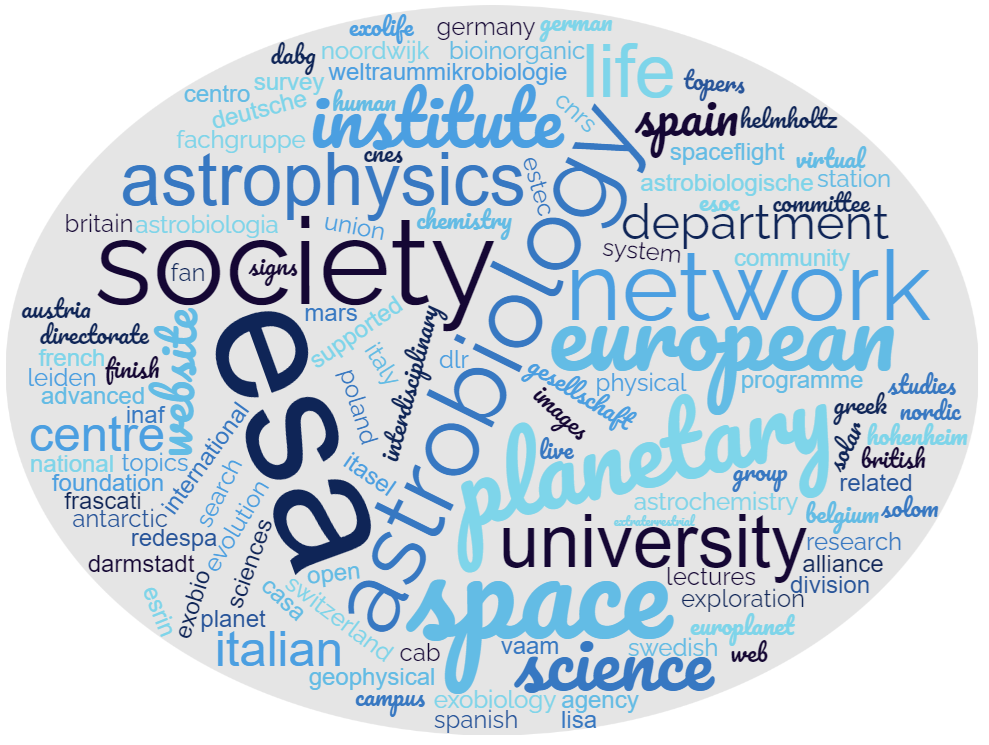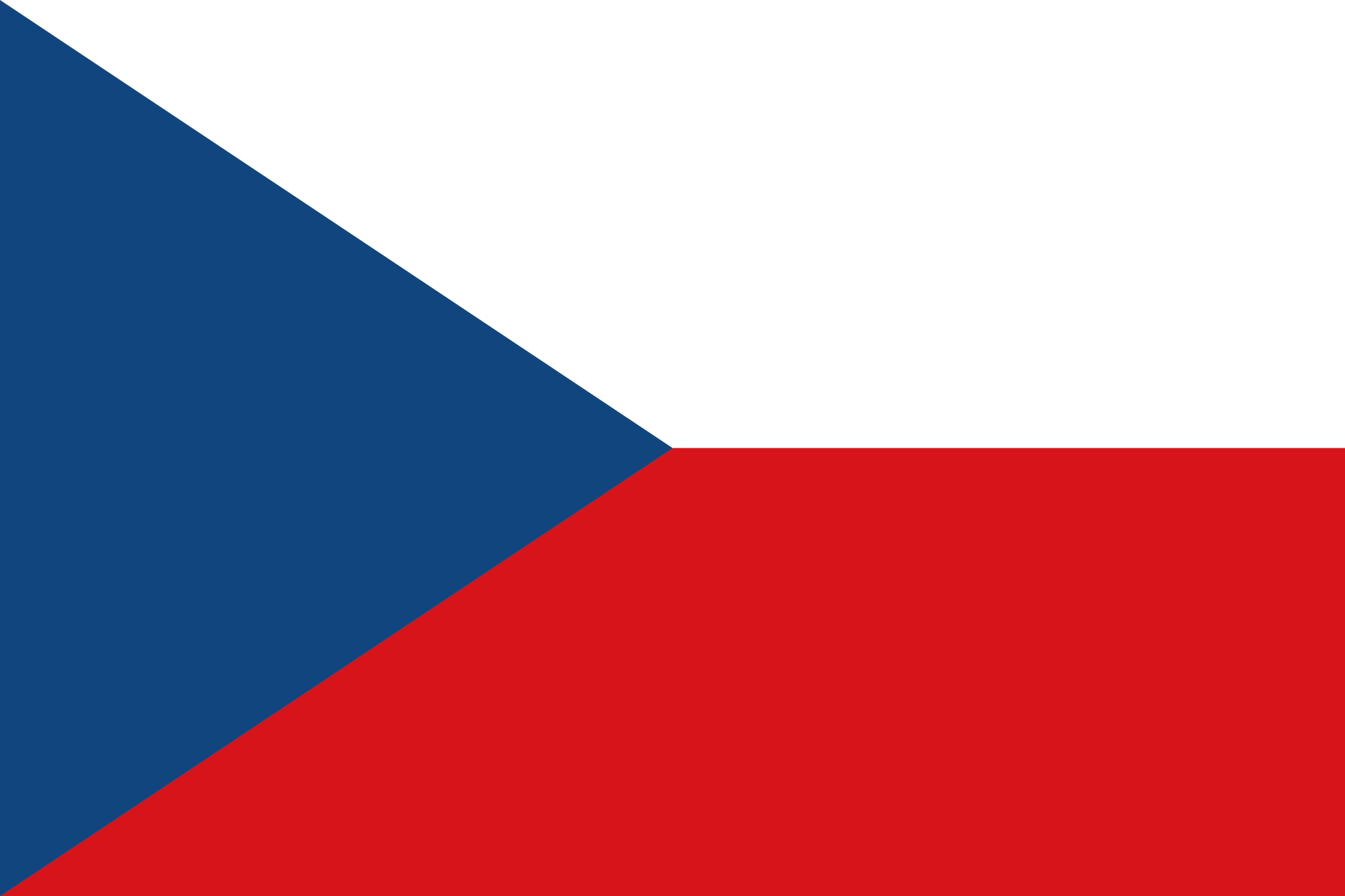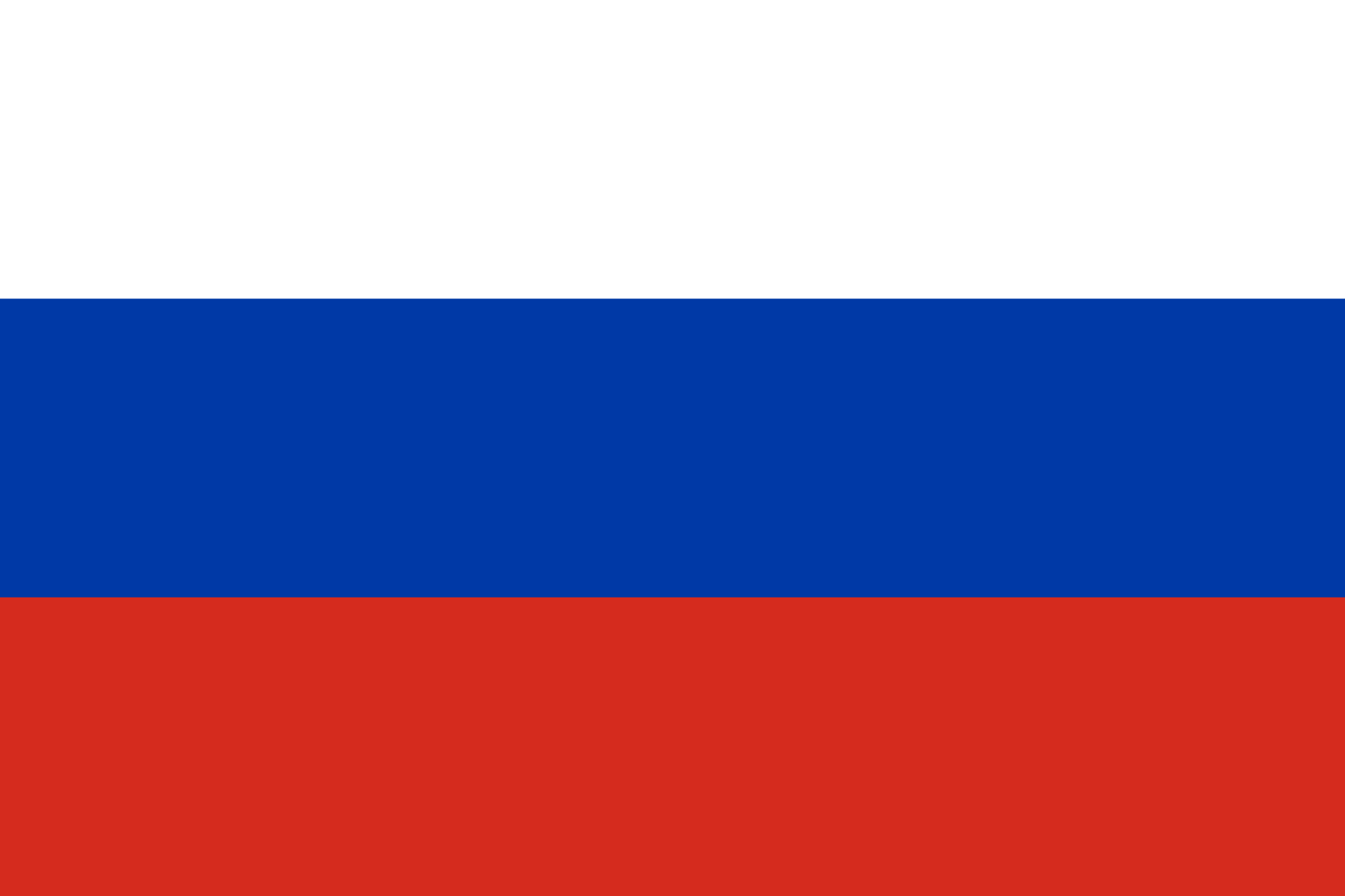Season's Greetings
Dear EANA community,
Approaching the end of this year I would like to thank you for all your excellent contributions and support over the last year particularly for EANA23 in Madrid. With more than 200 participants, we were able to host one of the most successful EANA events ever. Particularly the young generation was outstanding and as president I was very glad to hand over the various prices within the successful Space Factor competition and Poster award contest. To underline this great success, Rosa de la Torre and her LOC-team just received the nomination for “Ambassador of the Year 2023” by the Madrid Convention Bureau.
We are looking forward to the next EANA event, which will take place in the first week of September 2024 in Graz, Austria. I am happy to announce that we will foster our collaboration with ESA and the EAI in Graz in having the first "ESA Brainstorming on Astrobiology Splinter Session" during this event. Further, we would like to highlight AbGradE´s 10th anniversary, which will be celebrated in Florence in Spring 2024.
Eventually, I would l like to thank the EANA executive board, the EANA council, and of course, all active EANA members. EANA is as dynamic and active as its members are – so thank you for your support!
We are looking forward to a great 2024, with many EANA members involved in exciting missions to the ISS, the Moon, Mars, icy moons, exoplanets, and beyond.
With this short outlook besides many others, I finally would like to send you, also on behalf of the executive board team, Season´s Greetings and best wishes for an excellent, healthy and successful new year 2024!
With best regards
Jean-Pierre
President of EANA
Added 21 Dec 2023
EANA 2024
After a very successful EANA2023 in Madrid, we are happy to announce that EANA2024 will take place from September 3rd to 6th 2024 in Graz, Austria. It will be hosted by the Space Research Institute (IWF) of the Austrian Academy of Sciences (OeAW) in cooperation with the Technische Universität Graz. The venue will be the "Alte Technik", which was the original building of the new Imperial and Royal Technical College built in the 1880s. Please, mark the first week of September 2024 in your calendar! Further information and details will follow within the next months.Added 13 Dec 2023
Statement of Support for Ukraine
The EANA community deeply deplores the present war in the Ukraine and offers its heartfelt moral support to the Ukrainian people. We are lucky to work in a world where science transcends frontiers and brings scientists from different countries together for peaceful research. We reach out also to our Russian colleagues who are as negatively influenced by these events as we Europeans (and, in general, the international community). We therefore call on all scientists and EANA members to support the Ukrainian people, our colleagues in the east, and free science, hoping for a rapid return to peaceful conditions on our shared continent.Please also see the statement published by the Europlanet Society, with whom we will jointly organize our annual meeting (see EANA@EPSC2022) this year, with links to different European support schemes for our Ukrainian colleagues and friends.
Added 3 Mar 2022
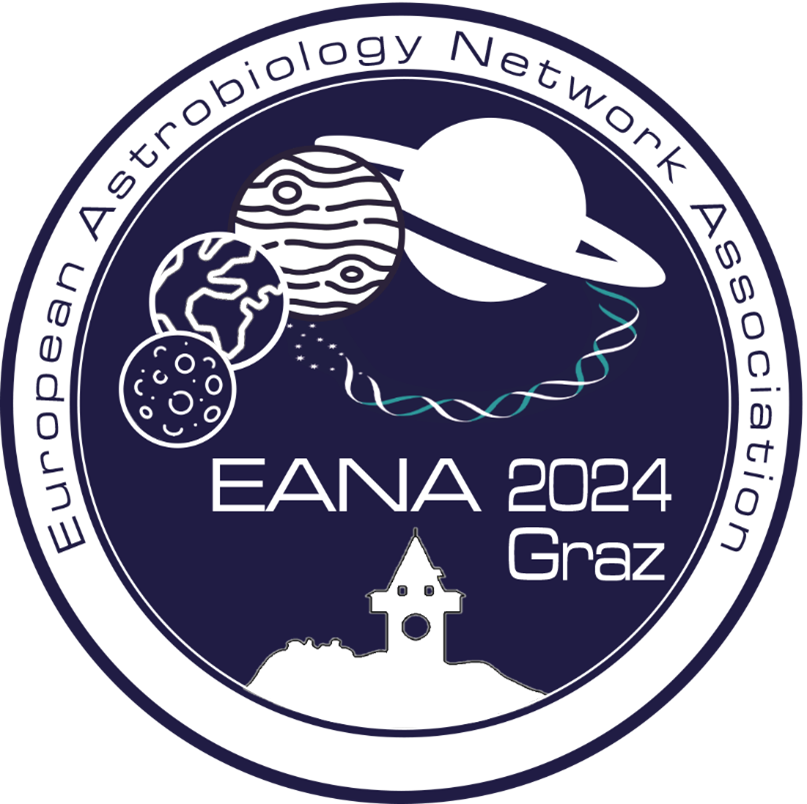
- 7th NoRCEL Conference: Reactive Oxygen Species
2024-10-30 to 2024-11-01, University of Kent, Canterbury, UK - *New* Planetary Protection Metagenomics in Spaceflight
2024-11-19 to 2024-11-22, NASA Ames in Mountain View, California - *New* Life And Space 2024
2024-12-05 to 2024-12-08, Online
Registration Deadline:
2024-11-05
Malaterre et al. (2023): Is There Such a Thing as a Biosignature?
Astrobiology, Mary Ann Liebert, Inc. 2023, 23 (11), 15, DOI:10.1089/ast.2023.0042Link to open access paper

- Astrobiology: Current, Evolving and Emerging Perspectives
- EXPOSE R-2 on the ISS: The BOSS and PSS Experiments Results
- Special Collection: BIOMEX (BIOlogy and Mars EXperiment)
- Thermodynamic Inversion: Origin of Living Systems
- Astrobiology Special Collection: STARLIFE
- Special Issue on AstRoMap
- Astrobiology Primer 2.0
